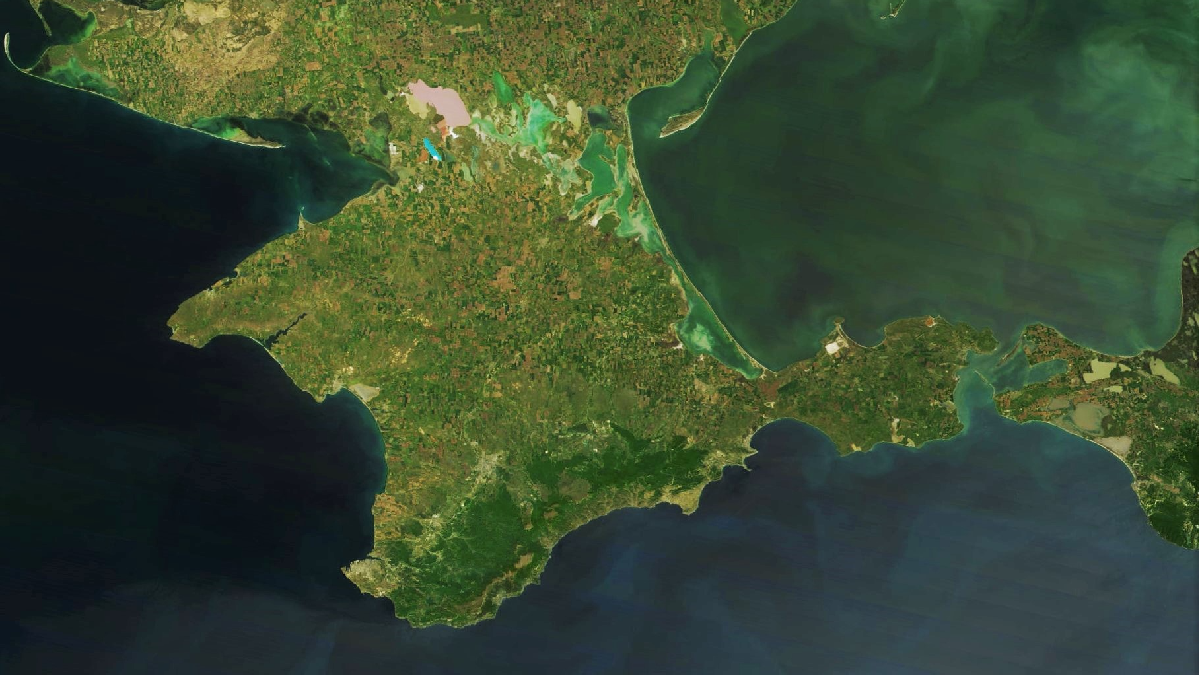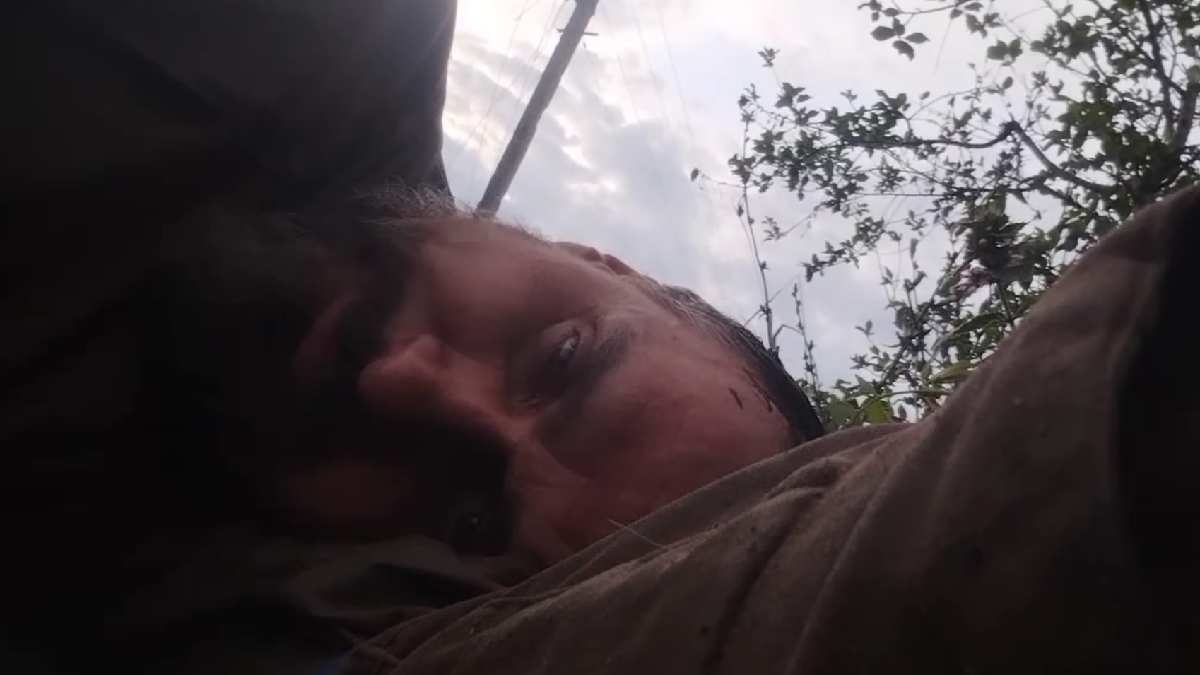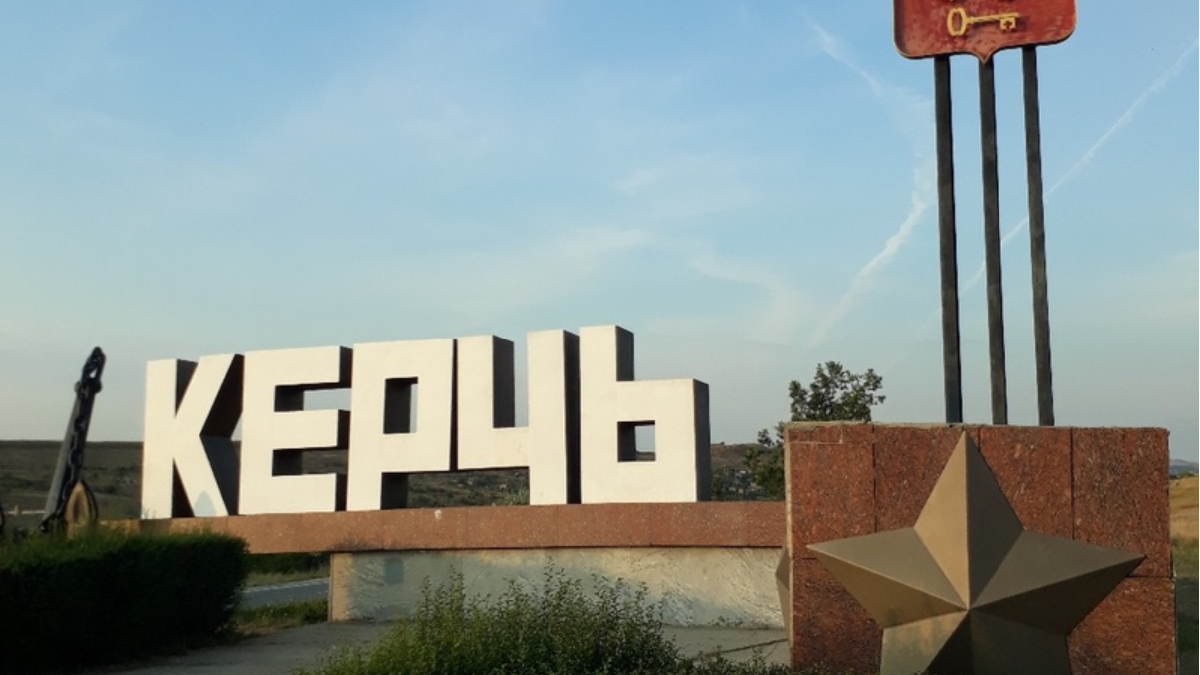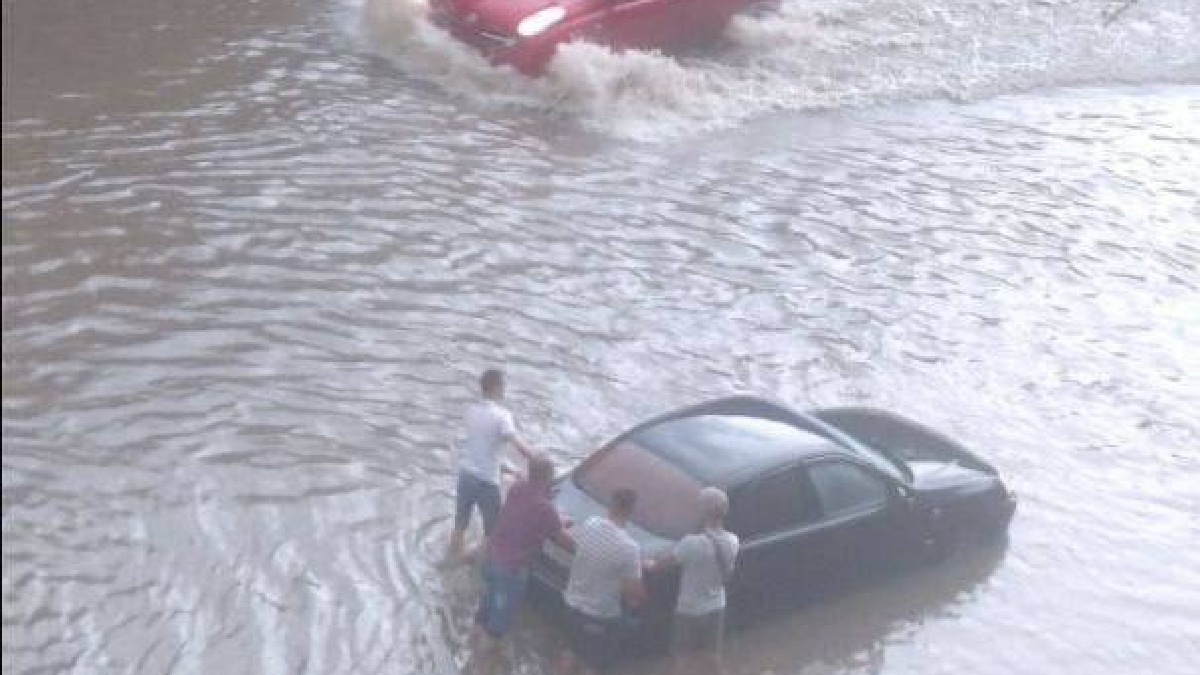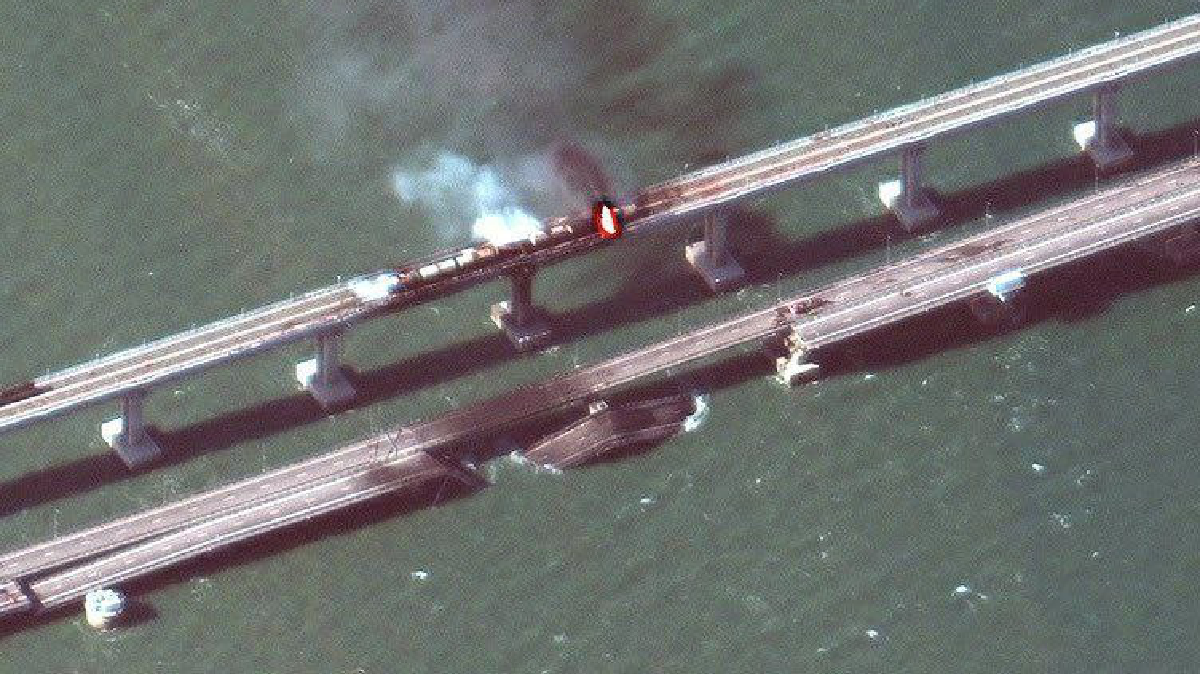The occupiers plan to solve the water shortage in Crimea in 10 years
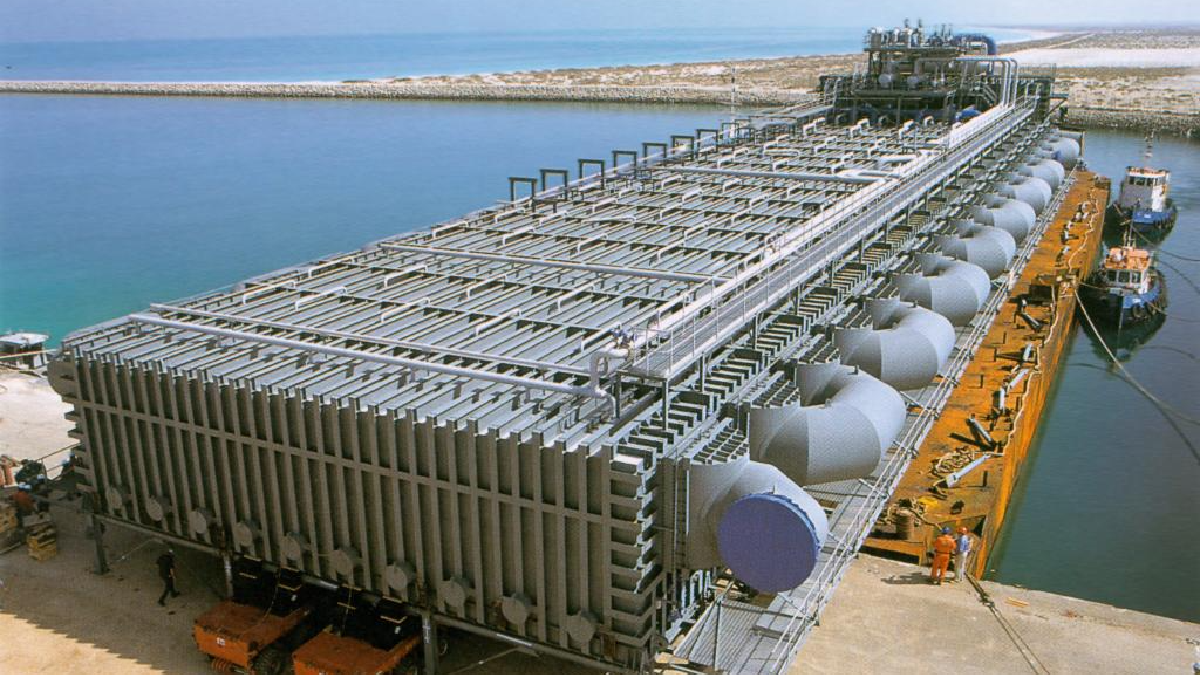
The Russian corporation Rostech plans to build 9 seawater desalination plants in the occupied Crimea by 2030. Their total capacity will be about 1 billion cubic meters of fresh water per year.
It was published by the Russian edition "Kommersant" on August 31.
The problem is that about 900 MW of new power supply capacity may be needed to supply these plants, which is about half of the generation of Crimea and Sevastopol today. The cost of building new power plants on the peninsula alone may be about 78 billion rubles (28.6 billion UAH).
But the Russian government expects to build only two desalination plants by 2023. The government proposes to spend only 7.8 billion rubles (2.8 billion hryvnias) from the federal budget. Their use will be possible only to address local acute deficits. Also, the creation of such facilities requires expensive imported equipment, which is difficult to access due to sanctions.
Read also: Seawater desalination project in the occupied Crimea. What is known
"The use of desalination plants in the Crimea is possible only to address local acute deficits. Everywhere - in Israel, in Saudi Arabia and in Mallorca - desalination is an extreme point", - Tatiana Kara said, vice president of the Center for Strategic Development.
In addition, the occupiers are considering the use of water reserves from the Sea of Azov, the construction of reservoirs for Alushta and Simferopol and one desalination plant for Yalta. But it is still unknown whether this will be possible or not.
What is known
- A Russian investigator has opened a criminal case over Ukraine's refusal to supply water to the occupied Crimea.
- In March 2014, Ukraine stopped supplying Dnieper water to the Crimean peninsula. Prior to the occupation, Ukraine supplied up to 85% of freshwater from the Dnieper to Crimea.
- The occupiers are working to try to prosecute Ukrainian citizens, who are alleged "organizers of the water blockade of Crimea," for blocking the North Crimean Canal. So far, they have estimated losses due to this at 1.47 trillion rubles (UAH 539 million).

